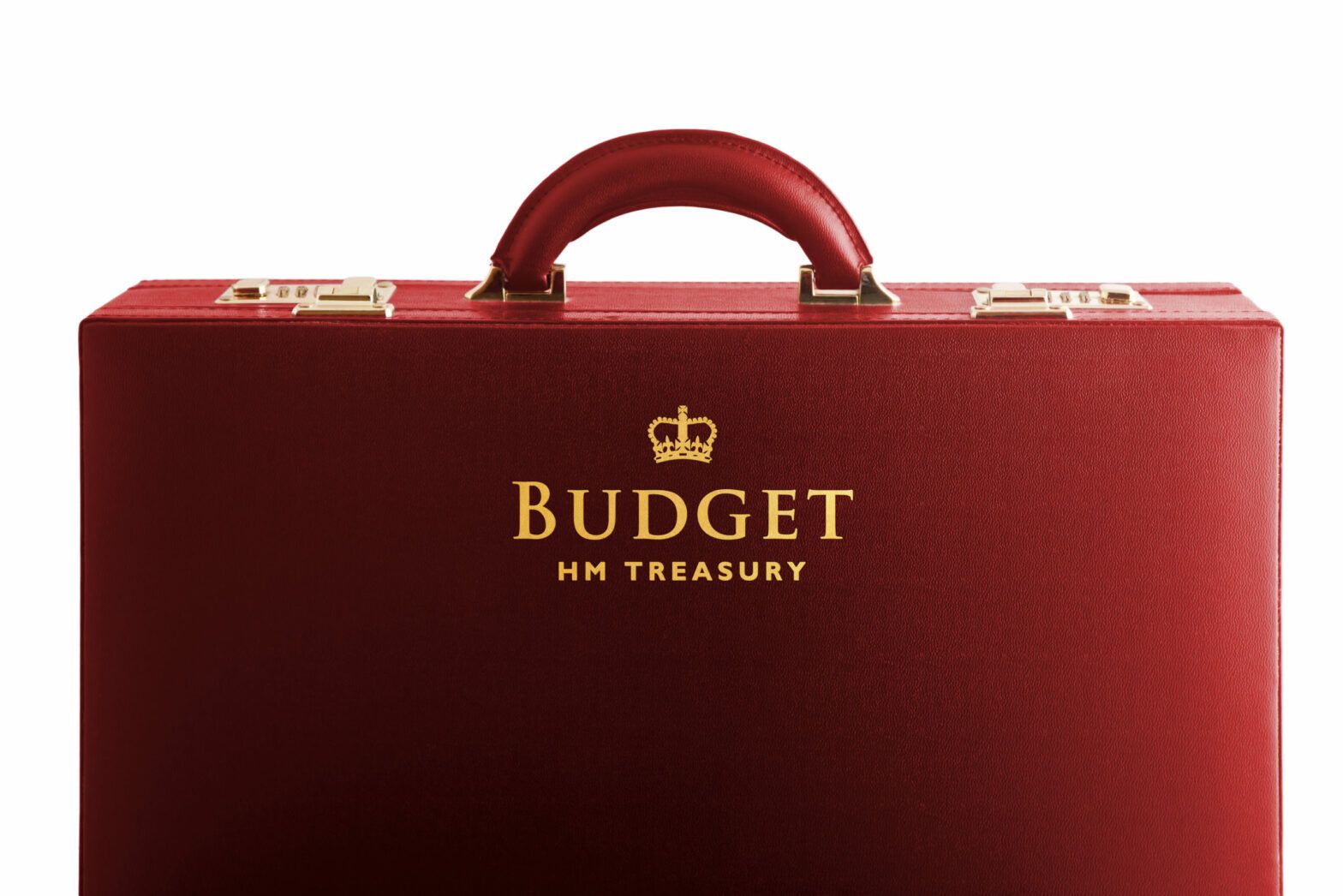UK Chancellor Rishi Sunak announced an array of green initiatives in today’s Budget as he pledged government support to “protect the environment and getting it done.”
In a Budget that was largely dominated by the government’s response to the fast-spreading outbreak of the coronavirus around the world, and peppered with promises to “get it done”, Sunak spent considerable time announcing changes to the Budget regarding the green economy.
Among the new initiatives are:
– New plastic packaging tax to come into force from April 2022 for manufacturers and importers. Companies will be taxed £200 per tonne for all packaging containing less than 30% recycled content.
– A revised Climate Change Levy for businesses – will rise on gas but stay the same on electricity. To be evened out by April 2022.
– Fuel subsidies for off-road vehicles – known as red diesel – will be scrapped “for most sectors” in two years’ time in what is hoped to be a boost for electric vehicle demand. However, farmers and rail operators will be excluded.
– Significant investment into electric car charge point so that no car is more than 30 miles from a rapid-charging station.
– £640m “nature for climate fund” to protect natural habitats, including 30,000 hectares of new trees and back natural climate solutions.
– A £1bn package designated for low-carbon research development.
– An £800m allocation to bring two carbon capture and storage clusters online by 2030.
Daniela Barone-Soares, CEO of the multi-asset impact fund Snowball, welcomed the announcements, but was disappointed the Chancellor stopped short in some areas:
“This was a progressive Budget for society and the environment – but by no means a home run. Of the 17 UN Sustainable Development Goals (SDGs), we believe that measures announced in the Budget directly contribute towards at least 13. For example, policies around tackling climate change, improving education and reducing regional inequality could improve health and education, reduce societal unfairness, and spur economic growth.
“Among the good news, there were some black spots. Certain measures such as freezing alcohol and fuel duty are regressive in terms of achieving the UN’s goals, as will exempting certain industries from the ban on red diesel. There are measures which would be considered backward steps for a number of SDGs.
“SDG areas including those addressing food security, sustainable consumption, and ocean preservation were broadly overlooked in this Budget. While the Chancellor does not have a magic wand, and this Budget rightly focused on addressing the significant economic danger posed by coronavirus, it is important that the Government remains focused on playing its part in achieving all the UN’s goals. The UK, alongside other developed market governments, needs to act fast to develop progressive policies across the entire spectrum of SDGs if we are to tackle climate change and protect our communities and environment.”
Green transport
While there was some disappointment around the red diesel exemptions Garry White, chief investment commentator at Charles Stanley, said society should be embracing the initiatives to increase electric car usage:
He said: “Past government policy on diesel engines has made consumers very cynical. For years, car-buyers were told that diesel engines were the answer, with the government deeming them the cleaner and greener option. But, unfortunately, none of this was really true.
“The diesel emissions scandal – when carmakers were found to have manipulated pollution tests – resulted in a change in policy. Politicians who had told people to buy diesel cars, then turned against the engine – much to the annoyance of consumers who had followed their advice. Diesel went from environmental poster product to environmental problem. The diesel issues destroyed trust – and hit the re-sale value of their vehicle.
“That’s why the support for electric vehicle infrastructure in Rishi Sunak’s first budget as Chancellor is vital to support the shift to cleaner transport. Sunak unveiled significant investment in electric vehicle charging infrastructure around the UK, which will ensure that drivers are never more than 30 miles from a rapid-charging station. Not only does this put some essential infrastructure in place to encourage more people to buy electric, but it also sends a clear policy message to people holding off from buying new cars. The government is committed to promoting electric vehicles and is prepared to invest in the infrastructure – this implies you can buy an electric car with confidence. It’s good for consumers, carmakers and the environment.”
Meanwhile, Gudrun Cartwright, environment director at Business in the Community, a charity and The Prince’s Responsible Business Network, would have liked to have seen the Chancellor go further as “time is running out”.
“Yes, there were some positives, such as the restriction of red diesel tax relief, a Nature for Climate Fund, an increased plastic packaging tax and a £900m investment in green transport solutions, but there was also the usual lack of urgency.
“With climate change on red alert, why wait two years to abolish red diesel tax relief and then leave it in place anyway for the sectors, such as agriculture and rail, that use it most?
“The green economy is increasingly on the radar of government, that much is clear, but once again the message that we need drastic change now to avoid an existential threat isn’t getting through. The government appears to think that it has time on its hands. Sadly, time is running out – and fast.”
From a consumer perspective, Laura Suter, personal finance analyst at AJ Bell, said it was right to freeze fuel duty for another year:
“Continuing its decade-long run the fuel duty freeze has stayed put, despite lots of rumours that this Budget would be when the freeze thawed and an extra 2p was added to each litre of fuel. It appears that worries about piling more tax on individuals and businesses who are going to face tough times due to coronavirus would be ill-timed and not well received by voters or MPs.”
Jayne Harrold, PwC’s UK environmental tax leader, also said while there was a well-rounded package of green initiatives, she looks to the Autumn Budget for more environmental boosts: “In terms of commitment to the environment, and particularly net zero, this Budget didn’t ‘get it done’ but signposted bigger things to come in the Autumn Budget following publication of the net zero strategic review in advance of COP26. That package will likely reinforce the Government’s strategic priorities for COP26 of nature, adaptation, finance, innovation and technology.
“While the Budget seemed to tweak the existing framework rather than announce any significant new change, the Chancellor has introduced a reasonably rounded package of individual measures. However, there are mixed messages – on the one hand we have the freezing of fuel duty and the building of 4,000 miles of new roads and on the other we have incentives for cleaner forms of transport, minor shifts to energy taxes, and significant investment in carbon capture and storage. Let’s hope the Autumn strategic review will bring a much more coherent, bigger and bolder approach that really gets it done.”








